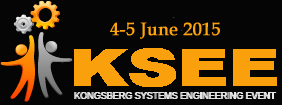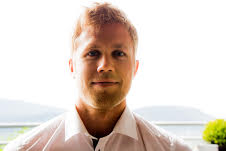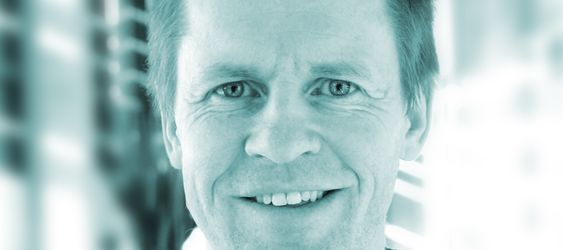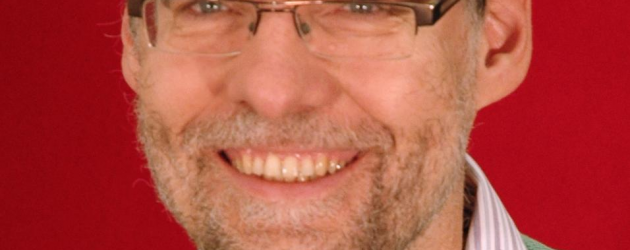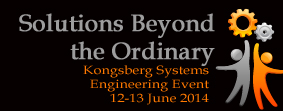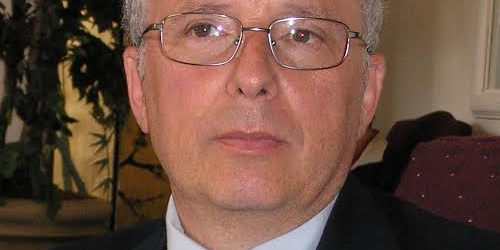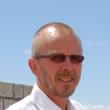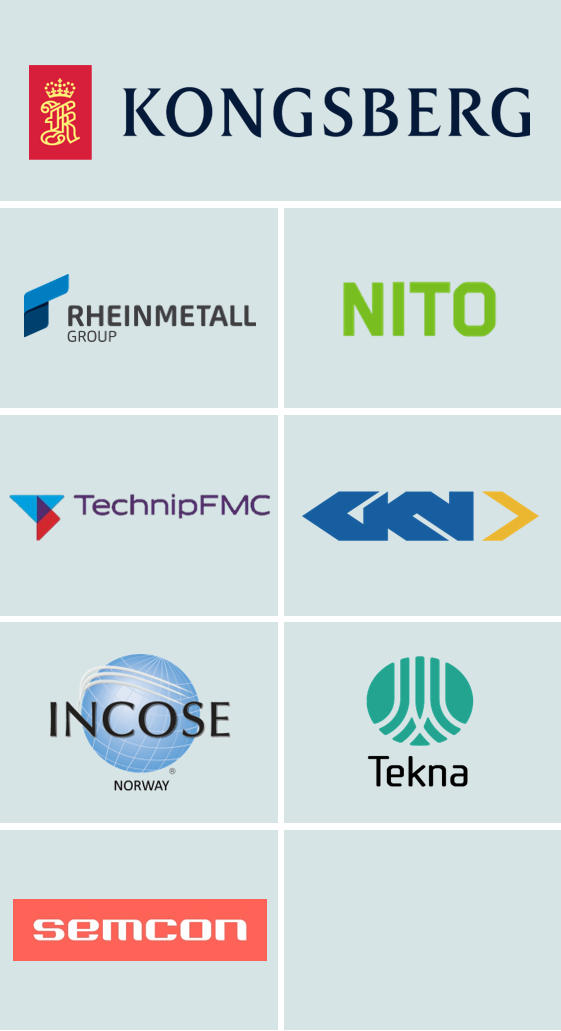KSEE 2017: Building and Excellent Systems Engineering Research Community
KSEE is an annual event organized by University College of South East Norway, USN, held in Kongsberg, Norway, where industrial leaders, professional societies, master’s degree students and other associated representatives meet to share ideas and opinions, regarding the latest hot topics in the systems engineering Field. The Speakers and audience gather at USN in Kongsberg for two days of brainstorming and fun, to lift every participant to a new level of advancement in the presented disciplines.
https://www.eventbrite.com/e/kongsberg-systems-engineering-event-ksee-2017-tickets-32615344373#
